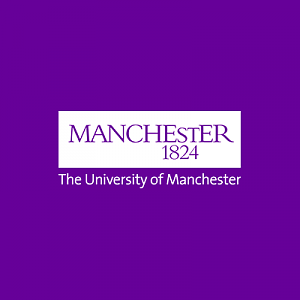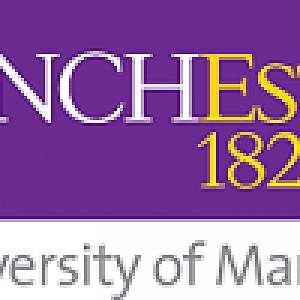Overview
Tracing its roots back to 1824, The University of Manchester is part of the prestigious Russell Group of universities and is highly respected across the globe as a centre of teaching excellence and innovative research, offering outstanding facilities and more than 1,000 degree programmes. With 25 Nobel Prize winners among its current and former staff and students, the University has a history of world firsts and brilliant discoveries, from splitting the atom to giving the world graphene.
Today there are three Nobel laureates at Manchester – more than at any other British university – and almost 38,000 students, making it the largest single-site university in the UK.
The University has three core goals: to undertake world-class research; to deliver an outstanding learning and student experience; and to be socially responsible in all its activities.
MOOCs
The University of Manchester have partnered with FutureLearn to deliver online courses to learners across the globe.
Learn new skills, pursue your interests or advance your career with these short online courses from The University of Manchester:
Click on a course title to go to the course page
Learn new skills, pursue your interests or advance your career with these short online courses from The University of Manchester:
Click on a course title to go to the course page
- Educational Leadership: Working for Good
- How To Make A Poem
- Introduction to Accounting and Corporate Finance
- Clinical Bioinformatics: Unlocking Genomics in Healthcare


